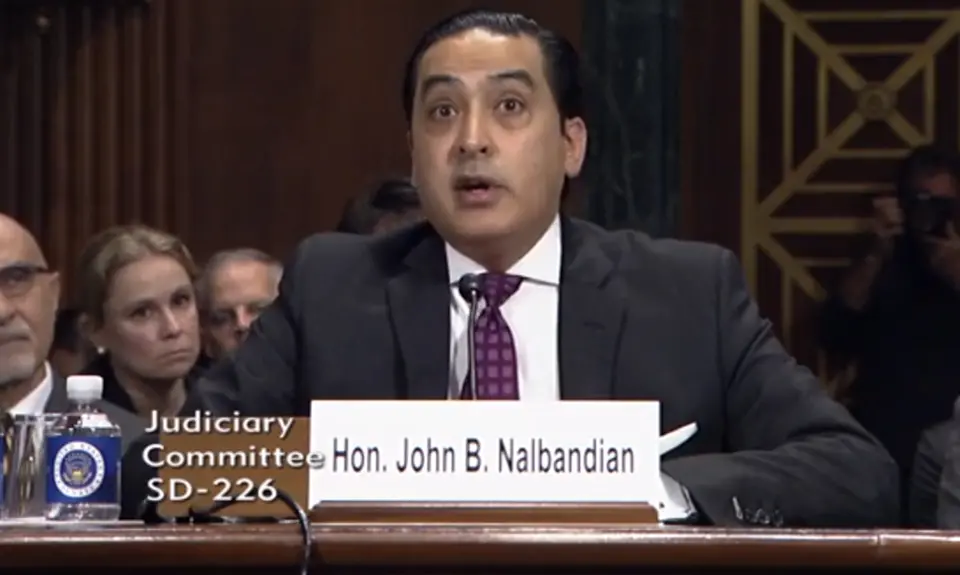“Confirmed Judges, Confirmed Fears” is a blog series documenting the harmful impact of President Trump’s judges on Americans’ rights and liberties.
Trump Sixth Circuit judge John Nalbandian cast the deciding vote to affirm a lower court order that dismissed a Tennessee woman’s claim that a mediator improperly coerced her to settle a lawsuit against a day care center for endangering her son’s life. Judge Karen Nelson Moore dissented and explained that the district court should have held an evidentiary hearing on the coercion claims. The case is Lovell v. Union City Police Dep’t., 2019 U.S.App. Lexis 33937 (6th Cir. Nov. 13, 2019).
Rebecca Leigh Lovell filed a lawsuit against Children’s Corner Daycare and several public agencies, contending that Children’s Corner had “endangered her son’s life while he was in its care” and that the agencies had failed to properly investigate and take action. Lovell filed the lawsuit on her own, without a lawyer.
The district court ordered the parties to try to mediate the case, and the case was dismissed after settlement agreements were reached. Several weeks later, however, Lovell filed a motion with the court to vacate the settlement on several grounds, including her contention that the mediator had “intimidated and coerced her into settling.” The district court rejected her motion. The Sixth Circuit majority, including Nalbandian, affirmed in an unsigned order, commenting that there was “[a]mple evidence” that the mediator’s actions were “typical of mediation” and did not justify setting aside the settlement.
Judge Karen Nelson Moore strongly dissented. Although she agreed with the majority concerning other objections by Lovell, she concluded that the district court had “improperly rejected” Lovell’s coercion claim. Lovell specifically maintained that when she initially told the mediator that she was not going to settle the case, he demanded payment “today” of her share of his fee for conducting the mediation, and “made her return to mediation to write this check.” Judge Moore explained that under the law, it could constitute improper coercion if the mediator had “threatened to penalize Lovell for not promptly settling her case” and “suggested she was not free to leave.” But the district court had made “no findings of fact” concerning the mediator’s statements to Lovell, who did not have a lawyer to assist her.
Moore would have sent the case back to the district court for “an evidentiary hearing on whether the mediator’s conduct justifies setting aside the settlement agreement.” But as a result of Nalbandian’s deciding vote, Lovell will not even have the chance to prove that she was coerced into settling.
